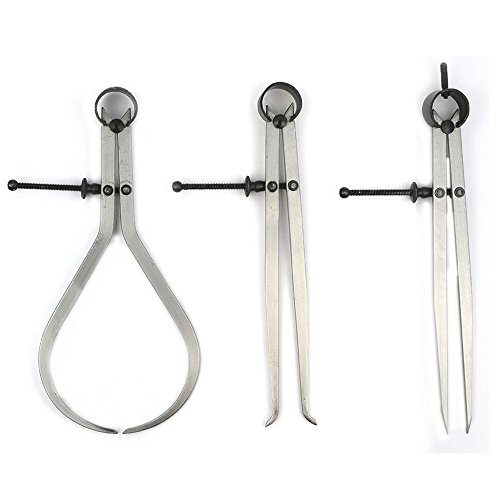there is nothing wrong with using carbide as long as you understand how they work. You can hone them to a razor sharp edge and they will cut nice but as soon as that edge chips even slightly everything can go down the drain in a hurry . There are some incredibly tough HSS tools that don’t dull easily and if you make proper chip breakers they cut nice and clean you can even get stringy materials the chip nice. We probably have several hundred dollars of broken carbide tools in the lathe cutter box I have a few really high quality HSS tools that are my own carefully stashed. I don’t see well or hear well and I’m not supposed to even be in the shop but I still sneak in for that special thing I need made the little lathe can’t handle heavy cutting on alloy steel like 4130 or 4150 the same with the small mill it’s not a series 2 Bridgeport or big Cincinnati . But I still can bore a hole to a pretty exact size using the right tools I don’t make much out of hot rolled anymore I don’t even like welding it
So each to their own. What ever works for you is good.
what I will add to the carbide discussion is I have what is a "small not rigid" lathe by industrial standards, but it weighs about 1200 pounds and is massive by the standards of these little lathes you can lift with one arm. I use carbide a lot, it will cut though mill scale and surface hardning where HSS won't, I can run it making beautiful bright blue chips - and I can get a glass like finish with the right materials. But carbide is supremely brittle - I don't think I've ever worn out a carbide tip but many have failed with a broken tip - if the material is softer or you aren't taking massive cuts, then I think the recommendation to stick with HSS mostly is a good one.




































![MeshMagic 3D Free 3D Modeling Software [Download]](https://m.media-amazon.com/images/I/B1U+p8ewjGS._SL500_.png)









![DreamPlan Home Design and Landscaping Software Free for Windows [PC Download]](https://m.media-amazon.com/images/I/51kvZH2dVLL._SL500_.jpg)



